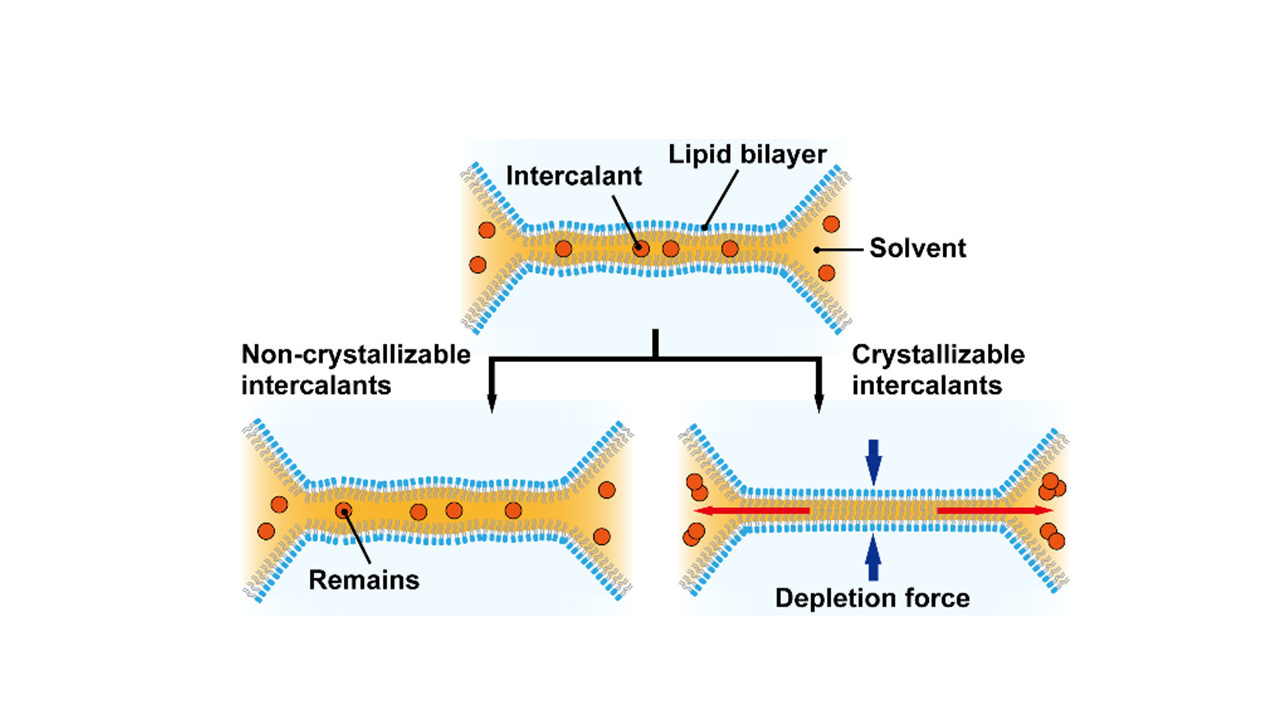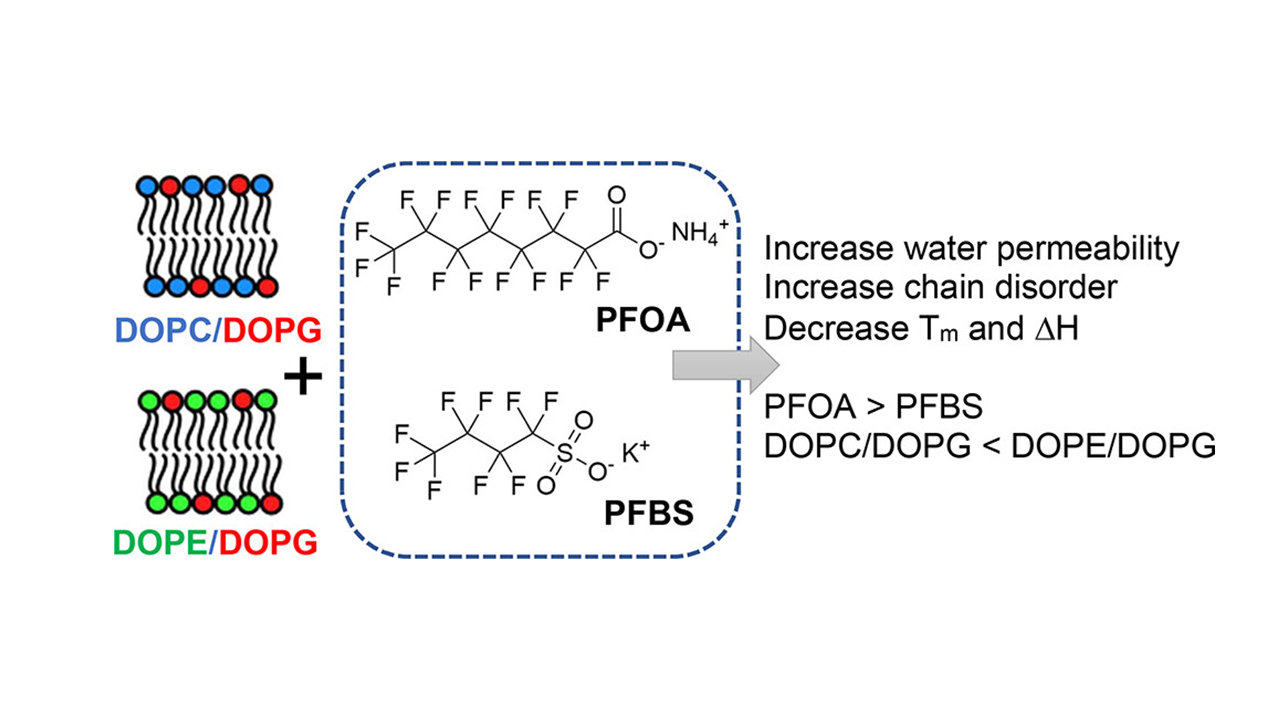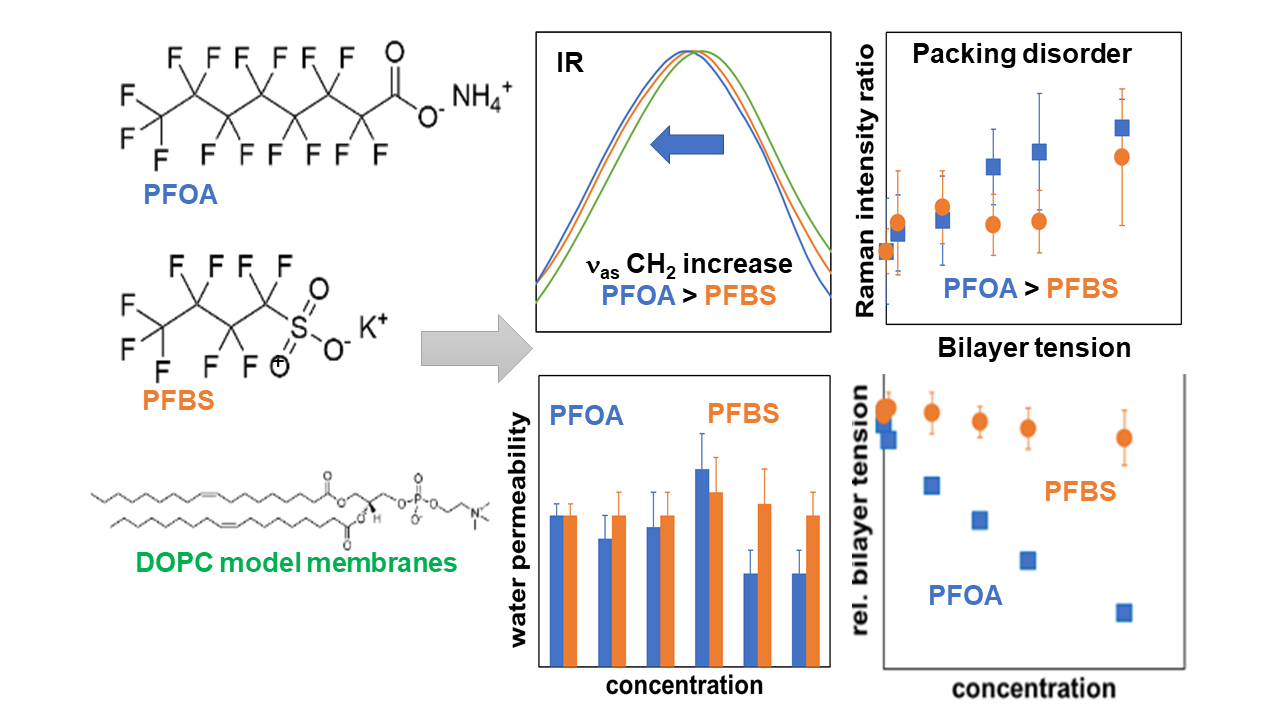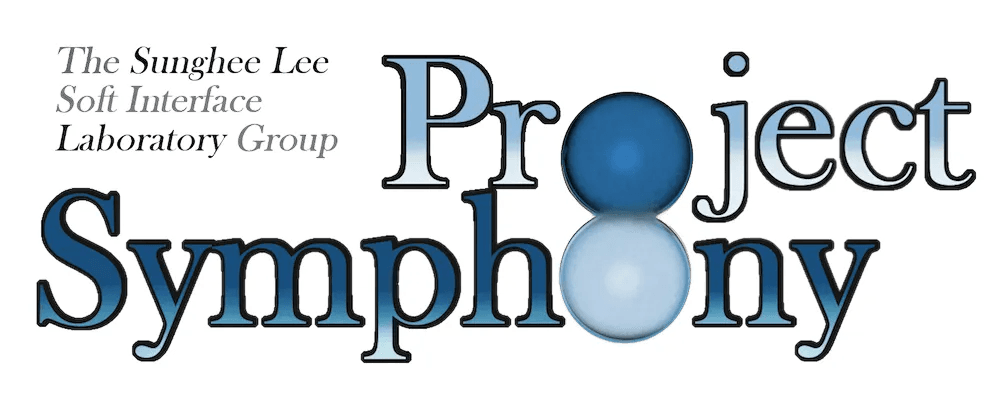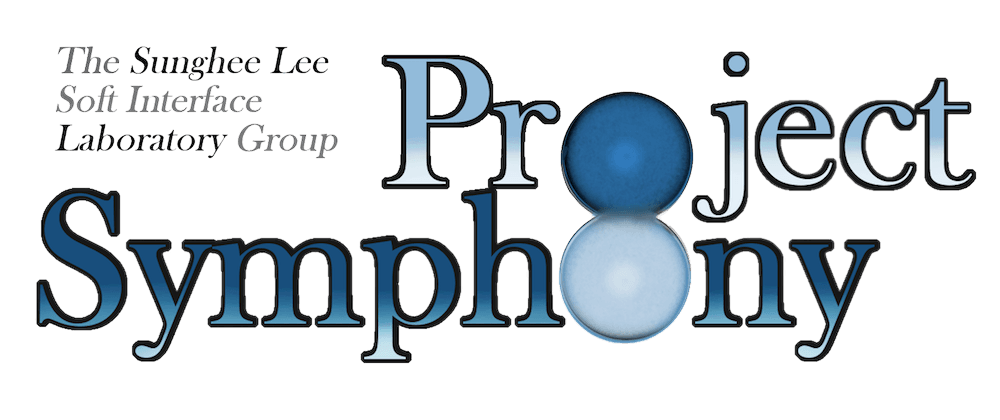Joe Performs Summer Research at the University of Tokyo, an NSF-Sponsored International Collaboration
Joseph Giancaspro ’20, in a Japanese garment (Yukata, a casual summer kimono) and Dr. Toshihisa Osaki, Research Mentor, from the Kanagawa Institute of Industrial Science and Technology, University of Tokyo, in July 2018.
This summer, Joseph Giancaspro ’20, an Biochemistry major, joined a globally renowned scientific team in Tokyo to perform research in the field of biophysical chemistry. This opportunity was enabled by the National Science Foundation (NSF) awarded funding to Sunghee Lee, Ph.D., Board of Trustees Endowed Professor of Chemistry, to promote and strengthen the nation’s STEM workforce through an international research collaboration with Shoji Takeuchi, Ph.D., of the University of Tokyo, Japan.
“Ever since this collaboration with Japan was established in 2014, it has been a tremendous and unique opportunity for our students to experience a true intellectual collaboration in a demanding and challenging research intensive environment,” said Dr. Lee. “Each year, research partners in Japan have been very impressed by our students’ contribution; hence our fruitful partnership continues. This year was no exception. They continue to praise Joe, as an undergraduate who merely finished 2 years of college, for his impressive level of depth of commitment and work-ethic on the advanced research topic. I am very proud to be able to offer this opportunity!”
A series of Iona students have immersed themselves in a month-long research program at the University of Tokyo for each of the past four academic years. This research abroad experience has provided a great level of confidence and strength toward their science careers in the future.
The NSF awards the funding to promote their vision of a “nation that creates and exploits new concepts in science and engineering and provides global leadership in research and education.”
Joe describes the experience in his own words.
by Joseph Giancaspro ’20
This summer I was fortunate to be selected to participate in a unique and exciting program established by Iona College with support from the National Science Foundation (NSF). This program afforded me the opportunity to work side by side for five weeks with some of the leading chemistry experts at Professor Shoji Takeuchi’s lab at the University of Tokyo. As I reflect on my time spent in Japan some overarching thoughts continually come to mind. The first is wow! I can hardly believe that as a second year undergraduate student I was able to travel to a place half way around the world, conduct leading research, work with key scientists and experience another culture. This was the first time I actually have ventured outside of the continental United States. I was excited to begin this journey and eager to start my assignment. This experience allowed me to continue to grow and mature as a person, gain confidence in myself, and allowed me to experience the wonderful culture of Japan.
My five weeks were spent working alongside my mentor Dr. Toshihisa Osaki. Dr. Osaki is a recognized expert in the fields of surface chemistry and artificial cell membranes. The lab’s novel micro drilling techniques used to fabricate microfluidic device structures and its MEMS processes were integral components leading to the success of my two projects. I have learned an incredible amount of valuable information in regards to my research project as well as how a lab of such high caliber operates. As I am still relatively new to the field of chemistry, the idea of being exposed to this level of science as an undergraduate was a once in a lifetime opportunity. This journey gave me the opportunity to broaden my exposure to surface chemistry, the construction of artificial cell membranes, and membrane capacitance modelling.
My collaboration with the University of Tokyo was mind-opening as well as impactful on my career outlook. I plan on pursuing a career in Medicine as a physician. I now have a greater appreciation of the research and breakthroughs that are needed to further advancements in regard to biochemical transports throughout the body. My research on cell membrane thickness is an attempt to understand its influence on the efficiency of biochemical drug transport.
My time spent in Tokyo was full of enjoyable memories. The lab members created such an amazing and welcoming atmosphere throughout my time in lab. Not only did they assist with my academic endeavors but they also extended a great level of hospitality. The lunchtimes were filled with great conversation and the sampling of homemade regional specialties. The staff encouraged and assisted me in planning weekend trips to their favorite local attractions and restaurants as well as areas in distant regions of Japan. On a few occasions lab members even accompanied me on such trips and hosted me to dinners. These experiences allowed me to see breathtaking Japanese sceneries as well as try the unique local cuisines. Without this supportive lab group, my time in Japan would have been significantly different. This experience is something I will truly never forget.
The success of my project would not have been possible without the abundance of resources provided to me by Dr. Sunghee Lee, Dr. Toshihisa Osaki, Dr. Shoji Takeuchi, along with the support from the National Science Foundation and Iona College. Their incredible knowledge, mentorship and support aided me in reaching my goals for the trip.
